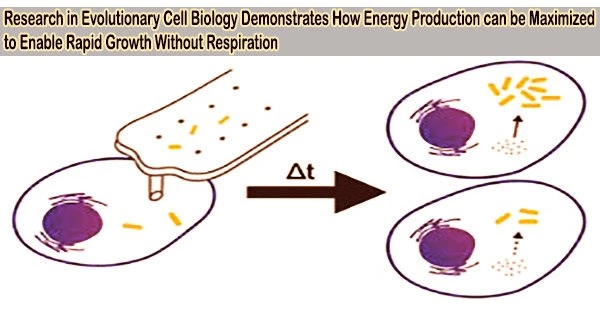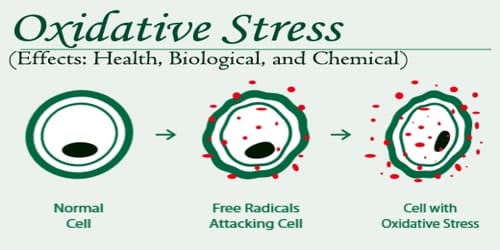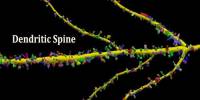Evolutionary cell biology is a field of study that combines principles from evolutionary biology and cell biology to understand the origin, diversity, and adaptation of cells. It seeks to uncover the evolutionary processes that have shaped cellular structures, functions, and interactions over billions of years.
Researchers from the Randall Centre for Cell & Molecular Biophysics discover the critical points at which respiration feeds into central carbon metabolism and The Crick in a paper published today (May 9, 2023). The study involves two related fission yeasts, one of which obtains energy through respiration and the other of which does not.
Our understanding of life, from evolution to development to disease, depends on establishing the rules of carbon metabolism, which generates biomass and energy. Glycolysis is an ancient metabolic pathway that doesn’t need oxygen.
Two molecules of ATP, the “energy currency” of the cell, and two molecules of pyruvate, an intermediary molecule that can be further processed in respiration, are created from one molecule of glucose.
Respiration is the most efficient way of generating ATP (overall producing up to 36 ATPs/glucose in mammals) and regenerating the electron carrier NAD+, which is required for growth.
Cell biology focuses on the study of cells, their structures, functions, and behaviors. It investigates how cells carry out essential processes such as growth, division, metabolism, and communication.
Most eukaryotes, including mammals, fungi, and plants, live in oxygen-rich environments and breathe. However, even when oxygen is present, rapidly expanding human cancer cells and single-cell organisms like yeast frequently choose glycolysis to respiration. We know little about the metabolic rewiring required to cope with the lack of respiration.
The new paper’s authors examine potential trade-offs when deciding between respiration and glycolysis and demonstrate how ATP synthesis and NAD+ regeneration can be tuned to assure rapid development without respiration.
According to the researchers, comprehending the adaptability of metabolism may ultimately help in explaining organismal ecology and the evolution of higher-level cellular properties, such as cell size and growth rate.
Overall, evolutionary cell biology provides insights into the deep connections between cellular biology and evolutionary processes, shedding light on the fundamental mechanisms that have shaped the diversity of life on Earth.
The findings of this study offer new directions for enhancing microbial performance in biotechnological applications and may be extrapolated to the reprogramming of energy metabolism in human aging and disease.
















